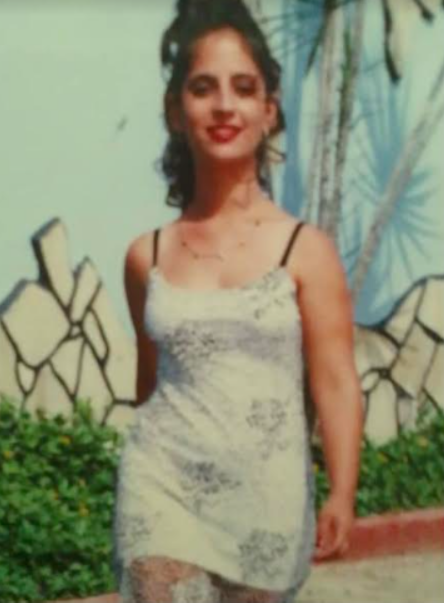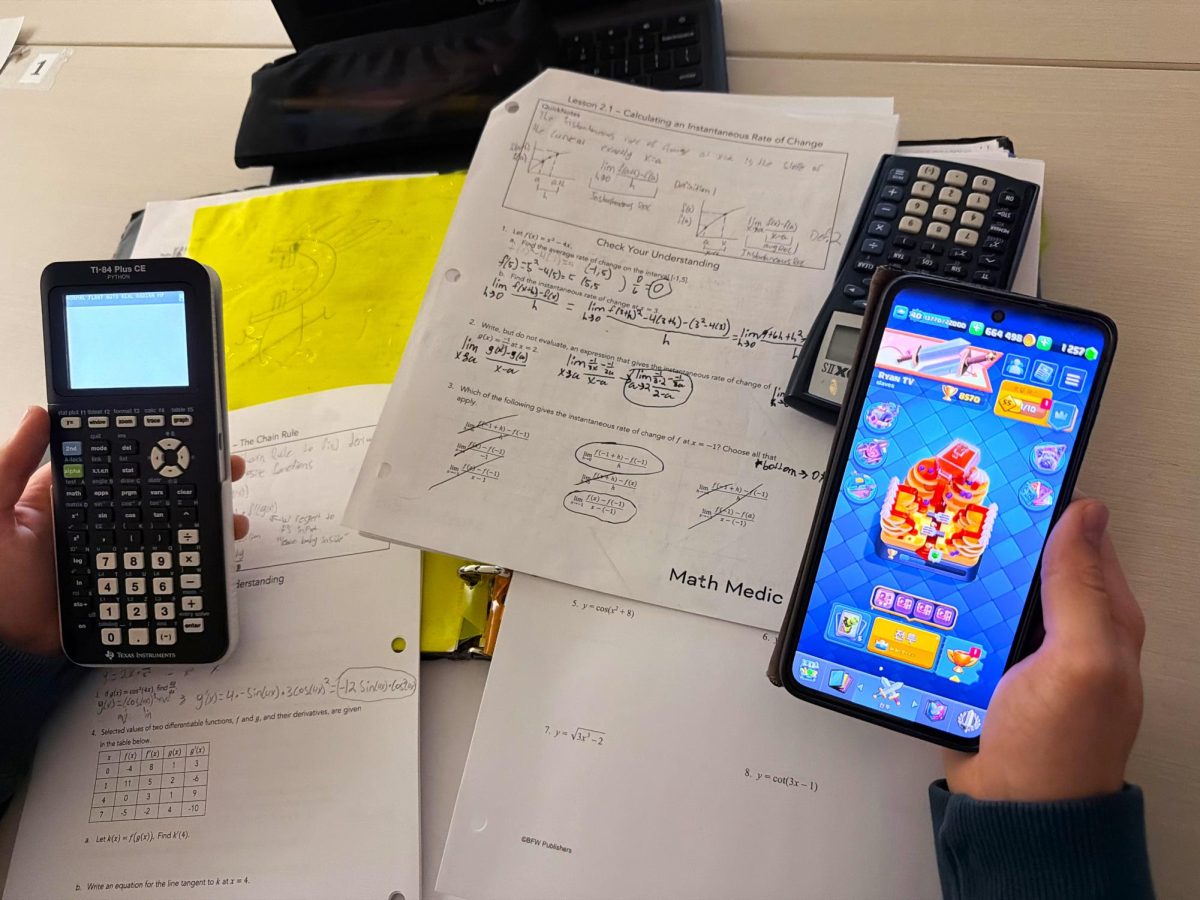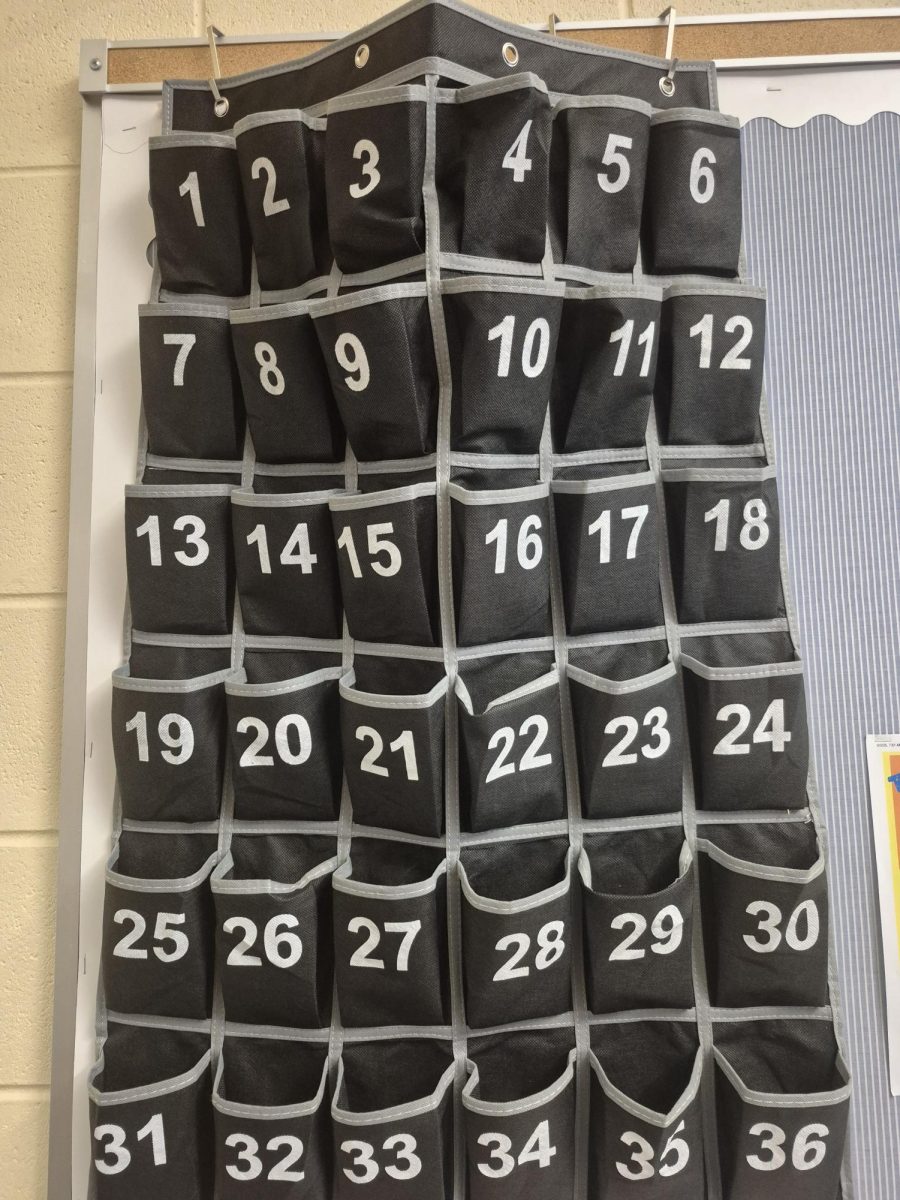“The best moment of my life was when my kids were in my arms again, that’s when I realized all the danger and suffering I went through was worth it,” 37-year-old Holland resident Yenisley Jacomino said. Jacomino is an immigrant from Cuba who came to the U.S. in 2015, though she left her home country in 2014.
Jacomino was born and raised in Cuba and left for the United States when she was 27 years old. Cuba is a communist country, and most of its residents had been living in extreme poverty due to money shortages.“I also wanted to flee from communism,” Jacomino said. She desired a life free from communism and a better future for her two children who were ages three and five when she left them with her mother.
Jacomino decided she would travel with a trusted friend. They gathered up some money, which would be necessary throughout the trip, and put together a plan.
At the time, Cuba only allowed citizens to fly to certain countries; Jacomino was able to fly to Ecuador. She and her friend stayed in a small hotel in Ecuador where they met a man who transported people to Colombia. They paid him and he took them to Medellin, Colombia.
On her way to the US, she traveled through nine countries and encountered many hardships. Her strongest and most impressive trait is her perseverance. “What motivated me the most was thinking about my kids to keep going and not give up,” Jacomino said.
Still today, she aims to achieve her goals even when they seem hopeless. When she sets her mind to something, especially when it comes to her kids, she will most definitely get it done.
“I knew it wasn’t going to be easy, but I knew I had to make it, and with God’s help, I did,” Jacomino said. She was aware that she was embarking on something extremely difficult, but she had the courage to risk her safety.
Jacomino described a moment from when she was in Ecuador, the first country she passed through. “I was throwing up the whole way, but we couldn’t stop the car so I had to throw up in a towel, and I had no other choice but to use that same towel to cover myself in the cold.” Her group didn’t have a lot of supplies since it was easier to travel with less baggage in the mountains of Ecuador, so that towel was the only thing she had that could serve as a blanket.
Another moment she vividly remembers was in Medellin, Colombia. “Los coyotes came to our bus and yelled at us hastily to get out. There were three motorcycles, and they took me along with a couple of other people. We drove through some very dark places with cracked roads and puddles. I was very scared. I thought I was going to disappear,” Jacomino said.
Also in Colombia, she was dropped off at one of its islands. “ We were thrown about 20 feet away from the shore so we had to swim. Many people have died in that lake because they didn’t know how to swim.” Swimming wasn’t much of a problem for her, but knowing that people had died there was a chilling thought. When she was on that island, she had to climb up a steep mountain, “I saw some people fall off. It was tall, slippery, and very hard to climb since we had to pull ourselves up with tree sprigs.”
Jacomino’s mother, Raquel Jacomino Perez, always encouraged her to keep going. In fact, there were multiple times when even after Jacomino made the trip, she wanted to give up and go back to Cuba because she missed her kids so much, but she didn’t let her. Her mom also kept in touch when Jacomino was in immigration jail in Mexico, “I talked to her through the phone and told her to drink water because she was so dehydrated,” Perez said.
According to Jacomino, immigration jail was a bleak and dreary place. She spent 30 days there along with her friend who was with her from the beginning. While she was there, she heard of others whose journeys were even worse, “There was a woman who never spoke and always isolated herself from everyone; I was told it was because the cartel threw her child off a moving train, killing the kid.” The woman was forced to go with immigration and ended up in the same jail as her. However, this was not the only story she heard of other’s experiences, there were also cases involving rape, abduction, and other crimes.
When Jacomino got to the US, she got in through Brownsville, Texas. She received some legal documents on the border of Texas. For the most part, she was empty-handed.
“It was so cold and the only clothes we had was what we were wearing,” Jacomino said.
Fortunately, not long after they got there, she and her friend were picked up by a Cuban taxi driver and taken to a McDonalds, where she met some of the most amazing people she knows.
“We came across a family of Cubans. It was a husband, his wife, and their two kids. Their names are Rey Mundo Carpio, Carmen Carpio, Blanca Carpio, and Francisco Carpio. They asked if we had a place to stay, and when we told them that we didn’t, they took us in and gave us clothes, food, and shelter. They’re like a real family for me in this country,” Jacomino said.
In her eyes, they gave more than just materialistic things. They gave her a second family. The couple’s kids were both young adults, born and raised in the United States. Given that they were around the same age, Blanca Carpio and Jacomino quickly became best friends. They later went on trips together, lived together, laughed together, and helped each other out.
To this day, Carpio and Jacomino stay in contact with each other. She still has a strong connection with that family, and always tries her best to give back whenever possible.
Jacomino reunited with her kids in 2017.
They arrived at their dad’s house in Florida and stayed there for about two weeks. She and Blanca drove twenty-one hours from Texas to Florida and picked them up from their father’s house. The most memorable moment of their long-awaited reunion was the big, long hug the three shared.
The first few years she spent in the U.S. were the most challenging. The difference in population, way of life, traditions, cultures, and especially the language barrier all made it difficult to adjust. “Everything is completely different; it’s like being born again. You have to relearn almost everything. I studied English in Cuba so I did have somewhere to start from, but the pronunciation here is different from what I was taught,” Jacomino said. With time, she learned English and became more and more fluent, now able to communicate clearly.
Jacomino has been through some exceptionally tough times and countless dangers, but she made it. As painful as these situations were for her, “I learned how to be strong, everything I saw and all that happened to me taught me that,” Jacomino said.








Timothy J Bearden • Oct 29, 2024 at 1:57 pm
What an incredible story. Well-written, and so relevant to our community and issues of the world today. Thanks for sharing this.
Yoel Chaviano • Oct 25, 2024 at 9:05 pm
♥️
Daniela Chaviano • Oct 25, 2024 at 8:58 pm
Wow , what a brave and admirable woman .